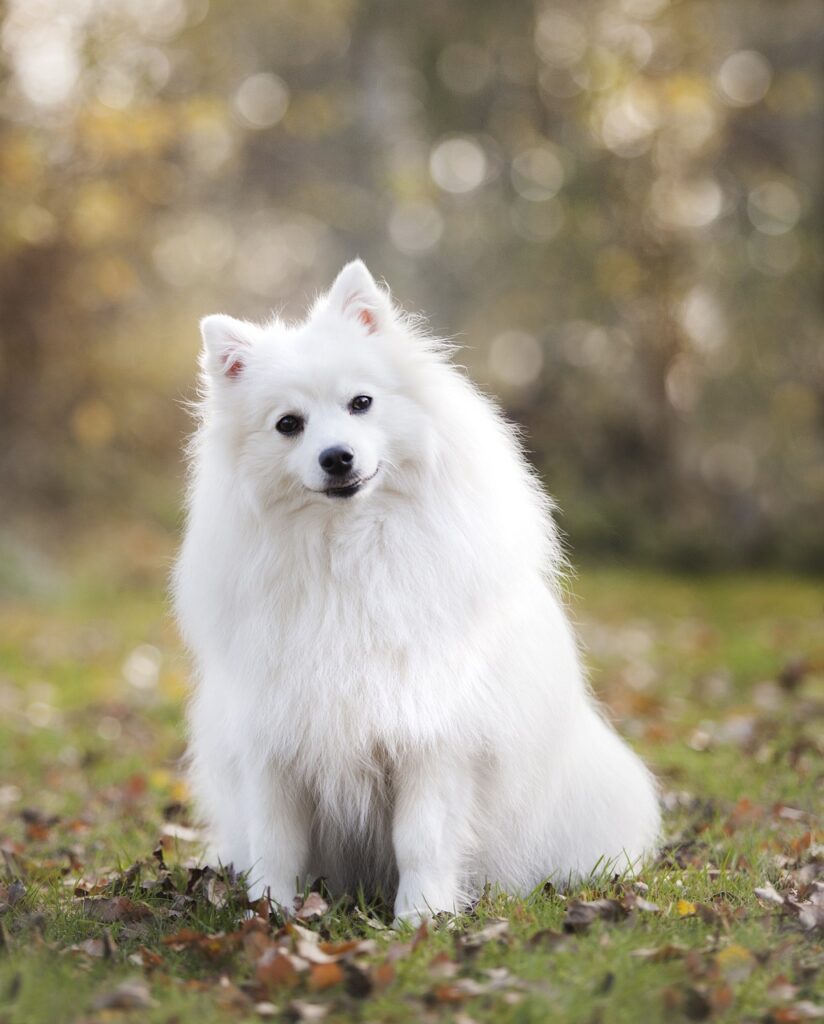Can Dogs Eat Bacon? – No, They Can’t
The savory scent of bacon might make our mouths water, but when it comes to our canine friends, the answer to whether dogs can eat bacon is a definitive No. It’s not that dogs won’t relish the taste—it’s that bacon, with its high fat content and potentially harmful additives, poses several health risks to dogs. These risks include pancreatitis and obesity, along with the danger of preservatives, which can contain elements toxic to dogs.
Can Puppies Eat Bacon?
When it comes to puppies, their bodies are even more sensitive than those of adult dogs. They have developing digestive systems and the introduction of rich, fatty foods like bacon could lead to serious health complications. Therefore, the answer is a firm No. Feeding puppies bacon not only risks immediate health problems but can also create unhealthy eating habits that affect their diet in the long run.
Why is Bacon Harmful for Dogs?
Let’s dive a bit deeper into why this breakfast favourite is unsuitable for our four-legged friends.
High Fat Content
The high fat content in bacon can lead to pancreatitis in dogs, which is an inflammation of the pancreas that can disrupt its functioning. This condition can be painful and even life-threatening if not treated promptly.
Salt and Preservatives
Bacon is not only salty but also full of preservatives such as nitrates and nitrites. Excess salt in a dog’s diet can lead to dehydration and sodium ion poisoning, whereas certain preservatives have been linked to cancer and other health issues in dogs.
Risk of Obesity
With its potent mix of fat and salt, bacon can be addictive to dogs, leading to overeating and significant weight gain. Obesity in dogs can lead to a host of other health issues like joint problems, diabetes, and reduced life expectancy.
Symptoms to Watch Out For After Dogs Consume Bacon
- Gastrointestinal Upset: Symptoms like vomiting or diarrhea can be common signs that your pooch didn’t digest bacon well.
- Lethargy: If your dog seems unusually tired or unwilling to play post-consumption, this might be a result of the high fat, negatively affecting their system.
- Excessive Thirst: Due to the high salt content, dogs might drink more water than usual, which could lead to sodium ion poisoning if too much salt has been ingested.
Immediate Steps to Take if Your Dog Eats Bacon
- Monitor Your Dog: Keep a close eye on your pet for the next few hours for any signs of illness.
- Contact Your Vet: If you notice symptoms or if your dog has consumed a large quantity of bacon, contact your veterinarian without delay.
- Prevention: Ensure bacon and other high-fat foods are out of reach in the future to prevent another incident.
Safe Alternatives to Bacon
While bacon is dangerous for dogs, there are safe alternatives that they can enjoy. Consider offering your dog these healthier food options instead:
- Carrots – A crunchy, low-calorie treat that can be good for your dog’s teeth.
- Apples – High in fiber and vitamins, they are a sweet treat in moderation (minus the seeds and core).
- Green Beans – An excellent treat packed with iron and vitamins, but always serve them plain.
Conclusion
While bacon is a tempting treat for dogs, it’s clear that this food is more harmful than worthwhile. The dangerous levels of fat and salt, along with the risk of pancreatitis and obesity, make it a snack best avoided. Being vigilant about your dog’s diet can ensure they live a happy, healthy life with fewer trips to the vet. There’s a bounty of safe and nutritious alternatives your dog can enjoy without the risks that bacon poses.
Frequently Asked Questions
Is any amount of bacon safe for my dog?
No, it is not safe due to bacon’s high fat content and preservatives.
What should I do if my dog accidentally eats bacon?
Monitor your dog closely and contact your vet if any symptoms appear.
Are bacon-flavored dog treats okay?
Some bacon-flavored treats are formulated specifically for dogs but check the ingredients list for real bacon or high salt content.
Can dogs eat turkey bacon?
While it’s lower in fat, turkey bacon still holds many of the same risks as regular bacon and should generally be avoided.



